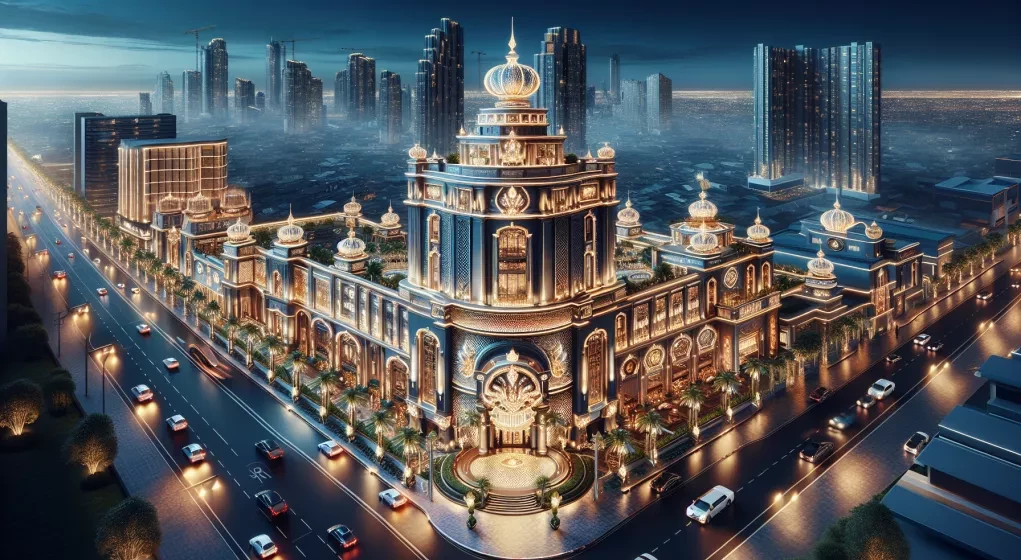At the forefront of luxury and grandeur, Wynn Resorts, a name synonymous with opulent casino havens, cast an eager eye toward the vibrant streets of Bangkok, pondering the tantalizing prospect of a new casino permit within the city’s effervescent embrace. The company, whose roots stretch deep into the glittering heart of Las Vegas, shared its aspirations on the heels of a conference call that offered insights into their boldest ventures yet.
Craig Billings, the astute CEO at the helm of Wynn Resorts, articulated the company’s intentions with clarity and foresight. “It’s still early days,” Billings remarked, responding with vigor to inquiries from Morgan Stanley’s sharp-minded analyst, Stephen Grambling. “You’re right, there has been progress, and it’s encouraging to see, and it seems as though the legislators in Thailand really want to get this moving, which is great.”
Earlier on the same call, Billings had unveiled Bangkok as the focal point for Wynn’s bid for a casino license—a strategic choice, given the capital’s pulsating energy and its status as the country’s most populous city.
The timing of Wynn’s commentary on Thailand could not have been more serendipitous, arriving a mere day after Thai officials unrolled draft regulations for the casino gaming industry, inviting public deliberation until the cusp of summer’s end on August 18.
The draft proposes a licensing epoch spanning three decades and a subtle footprint for casinos, limited to a mere 5% of an integrated resort’s total floor area. In pursuit of a partnership akin to Macau’s concessionaire model, the Thai government’s proposal envisions itself as an ally to the potential gaming titans.
Despite the enticing draft, the gaming fraternity remains in a state of suspense, awaiting the seal of formal approval. “We need to see more details on the regulatory and licensing structures,” continued Billings, his voice a blend of optimism and caution. With a nod to the Kingdom’s robust tourism infrastructure and hearty service culture—paired with an alluring cost structure—the potential for profound investment in Thailand dims the shadows of uncertainty.
Meanwhile, far from the future dreams of Bangkok, the tangible reality of Wynn’s ventures in the United Arab Emirates flourishes at an astonishing pace. The Wynn Al Marjan Island project absorbed an impressive $357 million of the company’s equity, a testament to Wynn’s commitment to crafting marvels in luxury entertainment.
Billings shared an update befitting of Wynn’s vaulting ambition. “Our joint venture now owns not only the land under Wynn Al Marjan but also a promising expanse of over seventy acres poised for future development on the Island,” he said. The construction of the hotel reaches skyward, already claiming the title of the tallest building in the Emirate at a commanding height of ninety meters.
That very same week, the General Commercial Gaming Regulatory Authority of Abu Dhabi embraced the future with open arms by legitimizing a lottery—a sign, some speculate, that may herald the acceptance of casino gaming. Should such a gateway open, Wynn Resorts, already with its foundations firmly laid, might just eclipse its competitors in this opulent race toward the oasis of the UAE.






